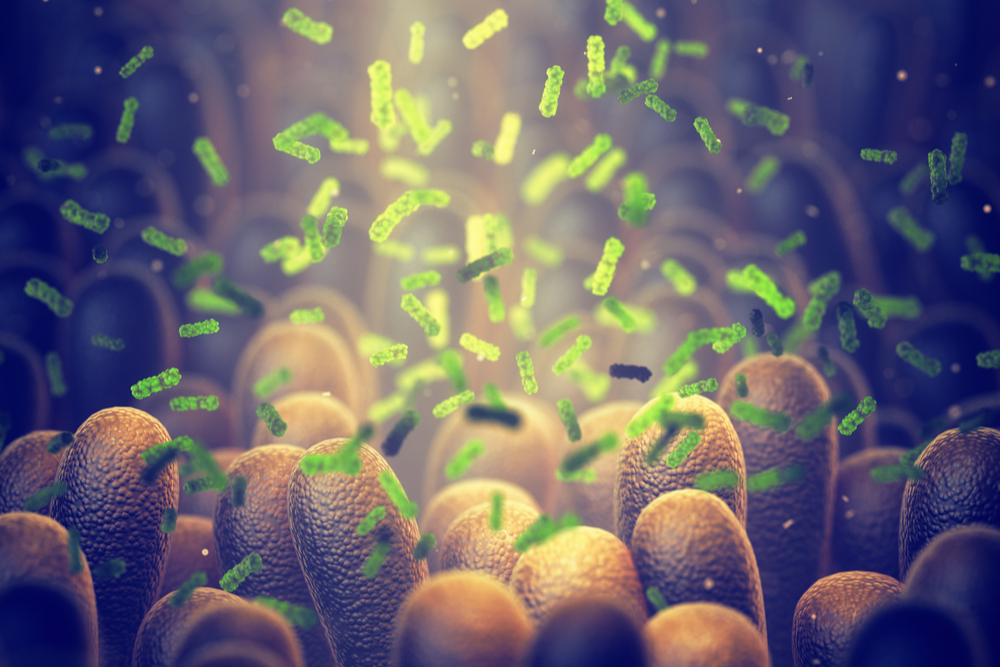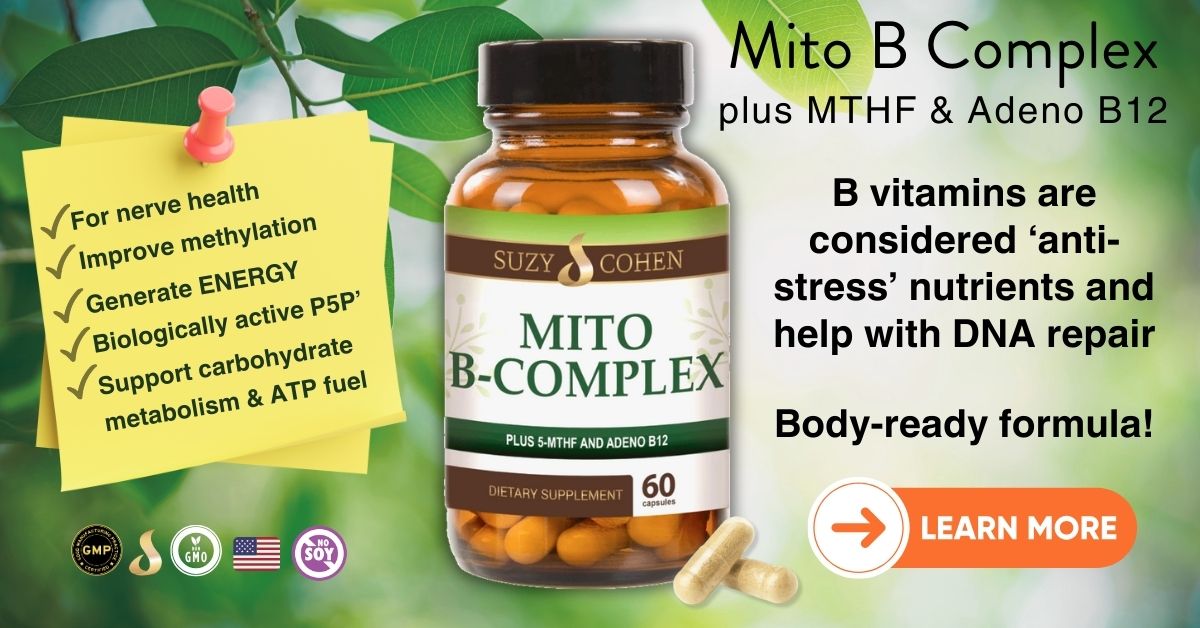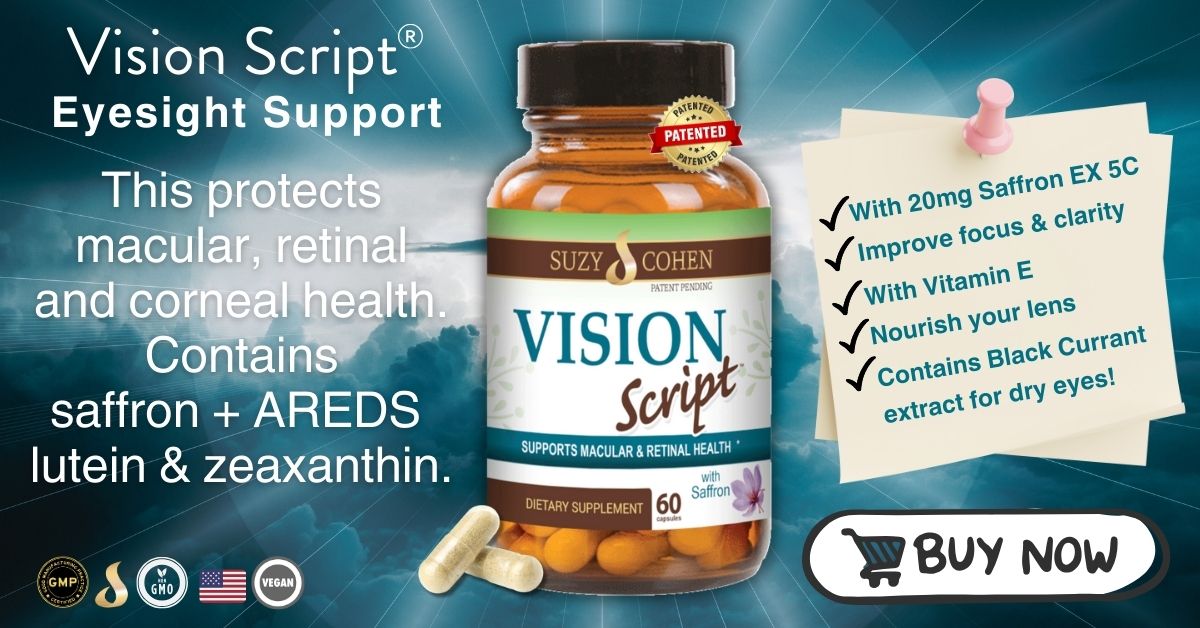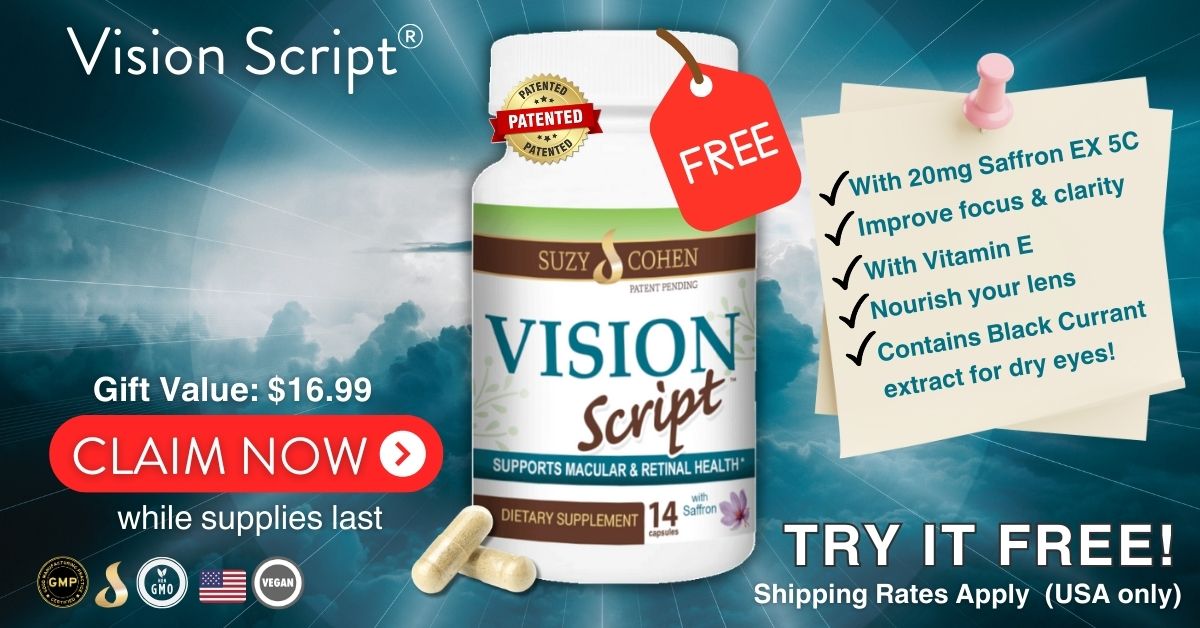Heartburn, nausea, constipation or other gastrointestinal (GI) symptoms are no fun. Unfortunately, neither are many of the medications used to treat them. Some popular categories of medication that can upset your stomach include antibiotics, cholesterol pills, acid blocking heartburn drugs and hormones such as oral contraceptives.
By a mile, acid blockers are the most popular over-the-counter (OTC) drug that people take. Millions of people use them due to easy accessibility. If you do, you should know they are one of the strongest “drug muggers” out there, capable of robbing your body of practically every essential nutrient you need for health! They can reduce levels of probiotics, magnesium, folate, B12, calcium, vitamin C, iron and others.
They can reduce levels of probiotics, magnesium, folate, B12, calcium, iodine, vitamin C and iron. So profound is magnesium depletion from the proton pump inhibitors (PPI), in particular, they can lead to dangerous heart arrhythmias and cardiovascular disease. What’s more, stopping PPI drugs can cause what’s termed rebound heartburn: The pills may ease your symptoms while you’re on them, but once you stop therapy, the reflux comes back, usually with a vengeance.
Laxatives can help safely relieve a person’s occasional constipation, but when used excessively, they’ll reduce levels of several minerals including blood-pressure stabilizing potassium and the fat-soluble vitamins A, D, E, and K. Complications from muscle cramps, to vision problems, to heart palpitations can result. If you get diagnosed with diseases related to your eyes, muscles or heart, it could be related to the routine use of laxatives.
I know that when you’re suffering from GI upset, you just want relief… and fast. Sure, prescription and OTC medicines can be effective in this regard, but so too can natural remedies. The natural solutions are less likely to loot your body of essential nutrients and cause side effects. No matter your symptom, nature has a remedy for you. Below is a list of some natural solutions that may (or may not) be right for your individual case. Be sure to ask your practitioner/doctor if these are okay for you, especially the last one, BPC 157. That is a peptide that is available OTC, and it has remarkable, widespread effects on the body. It is nothing short of amazing in terms of its ability to help with GI concerns, however, it is not right for everyone so as you read this please be mindful that each of us is unique, and what is right for one, is not right for another. I will write another article on BPC 157 next week, it is listed as #7 below.
Whatever the cause, here are some natural solutions if you’re experiencing GI discomfort. In no particular order of importance:
1. Zinc Carnosine
If you have mouth sores, this could be helpful. These supplements help heal the mucosal lining and there is research that shows it helps repair the gut and reduce inflammation in the mouth. It can help a little with gastric ulcers/pain. Generally taken twice daily, once before breakfast and again at bedtime for a total of 8 weeks.
2. Make Marshmallow Tea
If you have reflux (GERD), heartburn, peptic ulcers, hiatal hernia, Crohn’s disease, irritable bowel syndrome, indigestion, diarrhea, celiac disease, or H. pylori infection, then this remedy can help you. The magic happens because marshmallow root (not the fluffy confection!) contains a lot of mucilage, a gooey, gelatinous substance that some plants naturally produce. When you drink it, it acts as a demulcent, creating a soothing film that coats your irritated mucous membranes and relieves pain and inflammation quickly. Marshmallow root acts as a mild diuretic as well, and may also offer relief to those of you who deal with cystitis or kidney, bladder, or urinary tract infections. It’s a root, it looks like wood actually, and you can see what it looks like in the main picture above.
My marshmallow ‘tea’ recipe is really a cold infusion; no boiling water needed. To make it, simply add four tablespoons dried marshmallow root to four cups water and put in a jar. Marshmallow root, Althea officinalis, is sold at herbal apothecaries, natural grocers, and online herb shops. Refrigerate the infusion for four hours before first drinking.
To make a “dose,” I suggest filtering out the liquid (do this each time you want some) so you don’t eat the herb itself; it gets tossed. If there is gooeyness in the filter as you strain, squish it down with a spoon to get all the mucilaginous material through the strainer. That’s where the medicine is! A typical dose in my house is a cup or two every day!
Marshmallow root tea tastes great and you’ll be tempted to chug it like iced tea. But if you have significant belly problems, you may want to try drinking smaller doses four times a day. Be sure to drink it separately from any medication, a few hours before or after, or it might lessen the drug’s effect. The infusion keeps for three days in the fridge.
3. Get Some Mastic Gum
Mastic gum is a resin extracted from the mastic tree, Pistacia lentiscus. You won’t find this gum on the checkout aisle at every grocery, rather as a dietary supplement sold online and in natural food stores. It’s used as a natural remedy for many intestinal and bowel disorders, including indigestion, acid reflux, inflammatory bowel disease, gastritis, and ulcers. In one study, people with dyspepsia found significant relief from their heartburn compared to control participants. I’ve used it myself when suffering a bout of reflex, to great benefit. Follow dosing directions on the brand you choose.
4. Focus on Fiber
One of the easiest ways to relieve constipation is to get enough fiber. You don’t have to supplement necessarily, just increase your intake of vegetables and fruits.
5. Use DGL (deglycyrrhizinated Licorice)
Licorice root contains an abundance of healing flavonoids and phytoestrogens, along with the anti-inflammatory compound glycyrrhizin. It’s thought to help with everything from menopausal symptoms to cognitive function. Of course, it can also help with digestive problems, thanks to its ability to soothe irritated membranes.
Although glycyrrhizin can be beneficial for health, it can also increase blood pressure. That’s why some supplement companies now make a deglycyrrhizinated form of licorice root called DGL. It’s great for long-term use and GI issues such as gastritis, reflux, and heartburn. It is also popular for gastric and duodenal ulcers. DGL is best taken in a chewable tablet about 20 minutes before meals.
6. Pump up your Probiotics.
These are the friendly bacteria in your digestive tract that make up your microbiome. The more friendly ones you have, the better you feel.
High-quality probiotics are sometimes fermented to combine different strains. Here are some of the most popular strains found in supplements:

- Bifidobacterium breve: Prevents diarrhea and supports natural antibody production.
- Bifidobacterium infantis: Fights E. coli and protects against inflammation of the colon and stomach.
- Bifidobacterium longum: Protects you from the negative effects of nitrates in food and eases lactose intolerance, diarrhea, and food allergies.
- Enterococcus faecalis or TH-10: Removes toxins in the colon, digests proteins (proteolytic), and helps allergies.
- Lactobacillus acidophilus: Neutralizes yeast, campylobacter, and some flu strains, while helping to lower cholesterol levels.
- Lactobacillus bulgaricus: Eases digestive problems and acid reflux.
- Lactobacillus plantarum: Protects against some gram-negative bacteria and produces natural antibodies.
7. BPC 157
This is a peptide with an odd name because it has numbers in it: Peptide BPC–157. A peptide is a piece of a protein. This particular peptide is one that you make and it’s manufactured inside your stomach. Scientists have purified the exact protein and produced it so that people can take more of it, but again, this is a protein that all humans make. It is useful to treat stomach and intestinal conditions, as well as tendon/joint issues and even issues like TBI and spinal cord issues, and other dopamine/serotonergic imbalances of the Central Nervous System.
Our bodies make BPC 157 and it acts as a protection for all sorts of issues, and specifically for stomach problems. BPC 157 does NOT induce drug mugging, or deplete nutrients. It is not an acid blocker, nor is it a medication. It’s a natural peptide that is now available as an encapsulated dietary supplement. It’s a similar story like glutathione, catalase, CoQ10 and methylcobalamin (B12)… they’re all manufactured in the human body, but you can also buy versions as dietary supplements. BPC 157 is the same, it’s not a “vitamin” it’s a tiny part of a protein.
Remember, this peptide is ‘born’ in the stomach. So BPC 157 we make in human gastric juice helps to protect and heal our gut, among other things. In some animal models, BPC 157 was shown to reverse stomach damage induced by NSAIDs, which are popular OTC analgesics. You know them as ibuprofen, ketoprofen, naproxen and others.
People buy the OTC supplement called BPC 157 to help with painful immune-driven GI trouble … think inflammatory bowel disease (IBD), ulceration, heartburn/perforations and other serious chronic colon disorders. These serious problems can lead to malnutrition and weight loss, chronic fatigue and higher risk for cancer, so healing the GUT is imperative to one’s well-being. The peptide BPC 157 is pretty new, so if you ask around, not too many people will know about it. It is sold without a prescription, so everyone can buy it still. For how much longer, I do not know. Many things of value seem to disappear lately due to stronger FDA scrutiny.
Nevertheless, feel free to shop around if this interests you. I bought mine from a premier compounding pharmacy that I respect called TAILOR MADE. I take 2 capsules daily on an empty stomach. I take it to help with mild esophageal discomfort which I inflicted on myself by drinking yerba mate years ago. The story about that is here: 5 Natural Remedies for Esophagitis and Reflux. This peptide is also excellent for aches and pains, joint support, and tendon concerns. I do not sell it myself. Here are some interesting studies I found for you.
1. Pentadecapeptide BPC 157 resolves Pringle maneuver in rats, both ischemia and reperfusion.
2. BPC 157 and Standard Angiogenic Growth Factors. Gastrointestinal Tract Healing, Lessons from Tendon, Ligament, Muscle and Bone Healing

Suzy Cohen, has been a licensed pharmacist for over 30 years and believes the best approach to chronic illness is a combination of natural medicine and conventional. She founded her own dietary supplement company specializing in custom-formulas, some of which have patents. With a special focus on functional medicine, thyroid health and drug nutrient depletion, Suzy is the author of several related books including Thyroid Healthy, Drug Muggers, Diabetes Without Drugs, and a nationally syndicated column.




